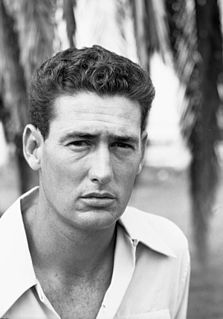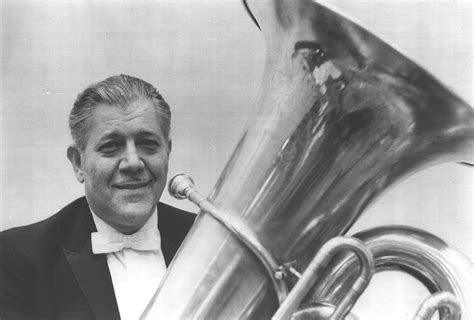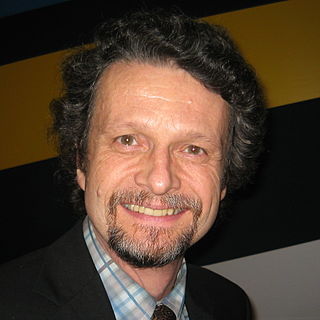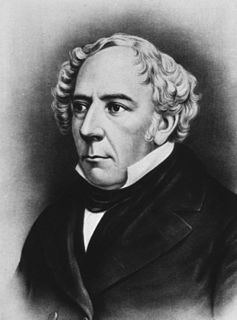A Quote by Malcolm Gladwell
Success has to do with deliberate practice. Practice must be focused, determined, and in an environment where there's feedback.
Quote Topics
Related Quotes
There should be a period of time during each practice session when you perform. Invite some friends in to your practice room and play a passage or a page of something. ... What I'm trying to indicate is that each day should contain some amount of performing. You should engage in the deliberate act of story telling each day you practice. Don't only gather information when you practice, spend time imparting it. This is important.
To think that practice and realization are not one is a heretical view. In the Buddha Dharma, practice and realization are identical. Because one's present practice is practice in realization, one's initial negotiating of the Way in itself is the whole of original realization. Thus, even while directed to practice, one is told not to anticipate a realization apart from practice, because practice points directly to original realization.


































